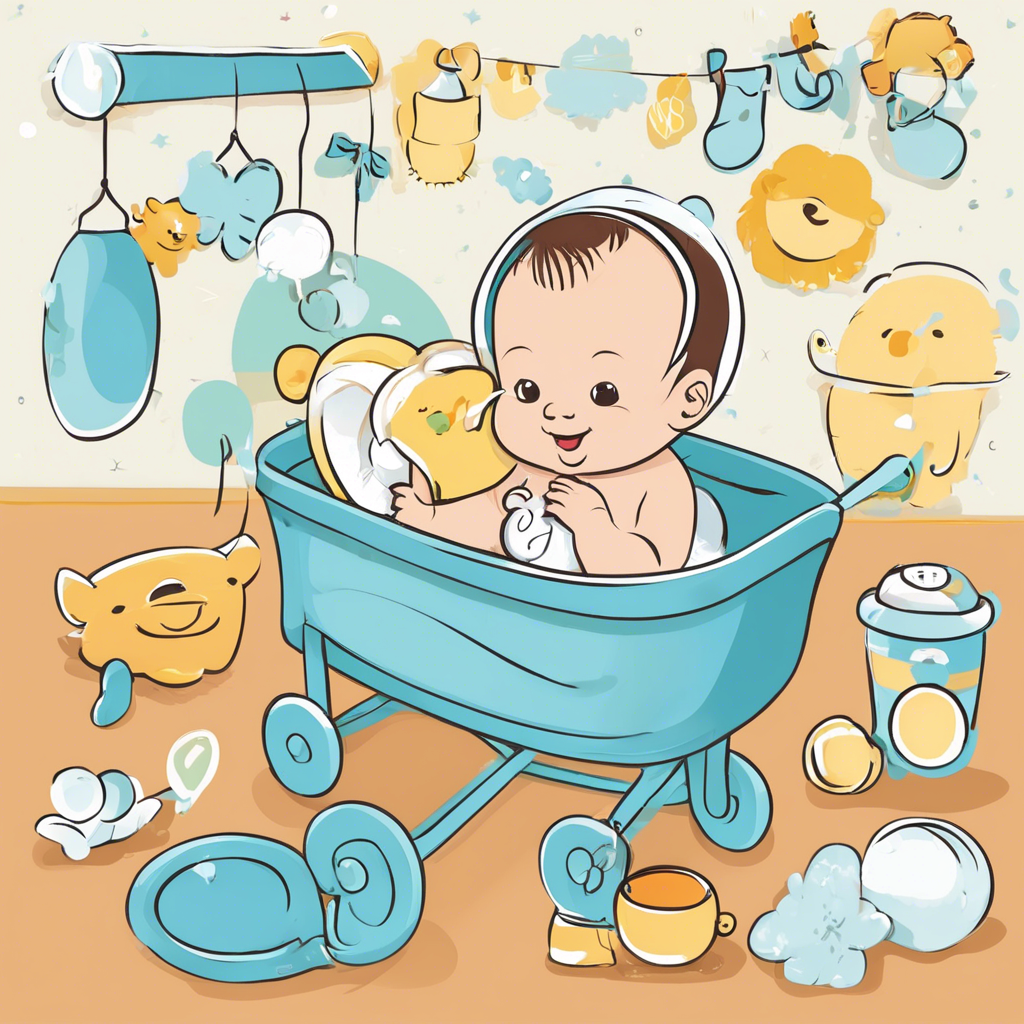Becoming a new parent is a life-changing experience filled with joy, excitement, and challenges. From sleepless nights to learning how to soothe a crying baby, the journey can feel overwhelming. While every baby is unique, there are fundamental aspects of baby care that every parent should know. Understanding these basics can help you feel more confident as you navigate the first months of your child’s life.
One of the most important aspects of baby care is feeding. Newborns typically need to eat every two to three hours, whether they are breastfed or formula-fed. Breastfeeding offers numerous health benefits, including providing essential antibodies that strengthen the baby’s immune system. However, some mothers may face challenges such as latching difficulties or low milk supply. In such cases, consulting a lactation specialist can be helpful. For formula-fed babies, choosing an appropriate formula that meets nutritional needs is crucial. Parents should always follow proper mixing instructions and ensure bottles are sterilized to prevent infections.
Sleep is another essential component of a baby’s well-being. Newborns sleep for about 16 to 18 hours a day, but their sleep cycles are short, lasting only a few hours at a time. Establishing a bedtime routine early can help create healthy sleep habits. Swaddling can provide comfort by mimicking the womb’s environment, while white noise machines can help drown out background noise. Ensuring that babies sleep on their backs in a crib free of pillows, blankets, or stuffed animals reduces the risk of sudden infant death syndrome (SIDS). Over time, parents will begin to recognize their baby’s natural sleep patterns and adjust routines accordingly.
Diapering is a frequent task that requires attention to detail. Newborns go through approximately 8 to 12 diapers a day, and keeping the diaper area clean and dry is essential to prevent rashes. Using fragrance-free wipes and applying a protective barrier cream can help keep the baby’s skin healthy. Parents should also be aware of signs of diaper rash, which may include redness, irritation, or small bumps. Changing diapers as soon as they become wet or soiled helps prevent discomfort and skin infections.
Bathing a newborn can be both a bonding experience and a practical necessity. Until the umbilical cord stump falls off, sponge baths are recommended to keep the area dry and prevent infection. Afterward, babies can be gently bathed two to three times a week using lukewarm water and mild baby soap. Overbathing can strip natural oils from the baby’s skin, leading to dryness. Parents should also pay special attention to cleaning behind the ears, under the chin, and in skin folds where dirt and milk residue can accumulate.
Caring for a baby’s skin requires gentle products and mindful practices. Newborn skin is delicate and prone to irritation, so using fragrance-free and hypoallergenic lotions, shampoos, and detergents can help reduce the risk of allergic reactions. It is also important to keep the baby’s skin moisturized, especially in dry weather. If parents notice persistent redness, scaling, or rashes, consulting a pediatrician can help determine whether the baby has eczema or another skin condition that requires treatment.
Soothing a crying baby is one of the biggest challenges new parents face. Babies cry for various reasons, including hunger, discomfort, tiredness, or the need for attention. Learning to recognize different cries can help parents respond appropriately. Techniques such as rocking, gentle bouncing, swaddling, and offering a pacifier can help calm a fussy baby. Sometimes, babies simply need to be held and reassured. If a baby continues to cry excessively and inconsolably, parents should consider checking for underlying issues such as colic or acid reflux, which may require medical advice.
Bonding with a newborn is a crucial aspect of their emotional and cognitive development. Skin-to-skin contact, talking, singing, and reading to the baby all help strengthen the parent-child connection. Babies recognize their parents’ voices from birth and find comfort in familiar sounds. Engaging in tummy time for a few minutes each day helps develop neck and shoulder muscles while providing an opportunity for interaction. As babies grow, responding to their coos and facial expressions reinforces their communication skills and emotional security.
Keeping up with a baby’s medical needs ensures proper growth and development. Regular pediatric checkups help monitor weight gain, feeding habits, and developmental milestones. Vaccinations protect against serious illnesses, and parents should follow the recommended immunization schedule. Additionally, watching for signs of common newborn issues, such as jaundice or reflux, allows for early intervention. Parents should always consult a doctor if they notice unusual symptoms such as difficulty breathing, prolonged fever, or changes in feeding behavior.
Safety is a top priority in baby care. Creating a safe environment involves baby-proofing the home by covering electrical outlets, securing furniture, and keeping small objects out of reach. Car seat safety is another critical factor; infants should always be placed in a rear-facing car seat that meets safety standards. Parents should also practice safe sleeping habits by placing babies on their backs and keeping cribs free of soft bedding. Being prepared for emergencies by learning infant CPR and having essential medical supplies on hand can provide peace of mind.
The first few months of parenthood can be overwhelming, but with patience and knowledge, new parents can navigate the challenges of baby care with confidence. Each baby is unique, and learning to understand their individual needs takes time. Seeking support from family, friends, and healthcare professionals can make the journey easier. Most importantly, embracing the experience and enjoying the small moments of cuddles, smiles, and milestones will create cherished memories that last a lifetime.

